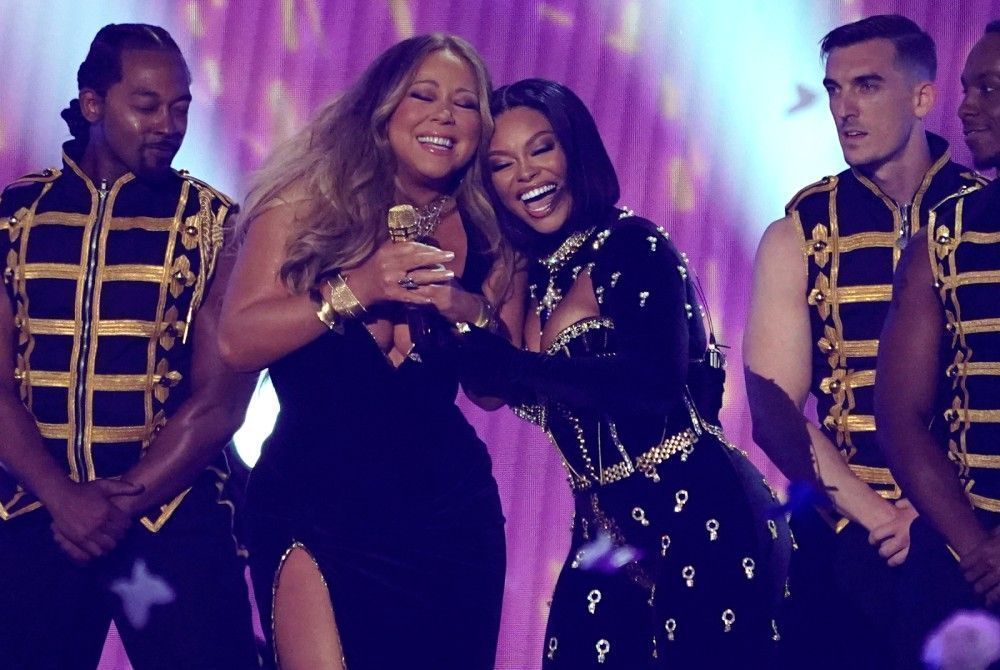
Myron Elkins Was Welding Away His Life in a Factory. Then He Heard Bob Seger
Myron Elkins is one of those guys who seems to have stepped out of another time. At just 22, the former welder from the small town of Otsego, Michigan — closest city: Kalamazoo — drops names like Otis Redding, Wilson Pickett, and Al Green when recounting his musical mileposts. But he’s also fully aware that he’s a white man from the Midwest and that any claim he has to vintage soul music goes through one of his state’s most celebrated blue-collar singers.
“I have this thing, almost like a ‘worthy tumor’ or something in my head, where I just didn’t feel like it was right for us to be doing [soul music] — until we revisited Bob Seger,” Elkins says in Nashville, where he’s just finished cleaning his band’s van for another run of dates. “Seger was always there as a child, because we’re from Michigan. So when we revisited his music, I thought, ‘Oh, you can do it. And do it truthfully.’ He was our right to passage to play rock and soul music.”
That Seger sound is all over Elkins’ debut album Factories, Farms & Amphetamines, produced by Nashville A-lister Dave Cobb (no stranger to soul and rock from his work with Chris Stapleton) and now being issued on vinyl following its initial release earlier this year. Opening track “Sugar Tooth” is a choogling bit of blues. The title track recounts the dead-end options of growing up in the middle of nowhere, delivered over a garage-rock groove. And “Wrong Side of the River” talks about being ostracized over social class, propelled by jangling guitar and Elkins’ nasally soulful voice.
But it’s “Nashville Money” that melds all of Elkins’ influences together. There’s soul, but also a hefty blast of Southern rock and some cool flange effects on Elkins’ electric guitar, an instrument he first plugged in only a few years ago. Thematically, “Nashville Money” has a lot in common with “Workin’ for MCA,” Lynyrd Skynyrd’s bemused look at record label expense accounts: Can anyone believe all the disposable cash floating around the music biz? It’s something that Elkins asked himself firsthand when he got his advance from Elektra to make Factories, Farms & Amphetamines.
“I wrote it on the way down to Nashville in the van. That whole song is about a rambling kind of dude coming out of a factory who has no idea where this money is coming from, or what he’s heading for,” says Elkins, who was discovered by an A&R exec while opening for Marcus King in Nashville. “It paints this image where I was seeing Nashville as this huge [music center] but the money is really all pumped out from New York.”
“He reminds me of a lot of people where I grew up: you have this music in you, but you never think about trying to make a career out of it,” Cobb says of Elkins’ unlikely gambit to go from the factory to the studio. “You got your job, which is your livelihood, but your music is a dream thing. When we called him on the phone to tell him we were going to make an album, he had to take his welders mask off to talk.”
Elkins is enamored of greasy, chicken-fried country-rock, and Factories, Farms & Amphetamines — especially “Nashville Money” — has that plus shades of Tony Joe White’s swampy country-funk. He’s also a persuasive lobbyist for artists who specialize in that sound. During the course of our conversation, he turns me on to one of my favorite albums I heard this year — one first released in 1969, Jim Ford’s Harlan County.
“He’s not a very well-known act, but if I had to describe him, I’d say he’s a redneck Van Morrison,” says Elkins with a laugh. “And Harlan County is just beautiful. I get obsessed over stuff like that.”
While growing up in bleak Otsego — “It’s whatever’s left of a small town in the U.S.” — he found an escape in early country music: Lefty Frizzell, Roy Acuff, Hank Williams. “Bob Wills was huge to me,” he says. But then he saw Southern rock band the Steel Woods and their charismatic guitarist, the late Jason “Rowdy” Cope, onstage at the Kalamazoo State Theatre. Elkins was hooked. “I watched him and his tenacity in playing really shook me. I was like, ‘I gotta figure this thing out.’”
Elkins started listening to Duane Allman and added more Southern rock to his collection, drawn to the mishmash of familiar sounds that make up the genre. “Southern rock bands were this perfect mixture for us of country music, blues music, and rock & roll music,” he says.
Now with his debut album out, and the lessons he learned from Cobb in the studio, he’s expanding his playing even further, diving into guitarists like Curtis Mayfield and Steve Cropper. “I find a home in them quite a bit,” says Elkins, who will make his Bonnaroo debut this summer. “Because their playing is more melody and rhythm.”
Kind of like the graceful rhythm required to weld, where paying close attention to technique and getting a clean line is paramount to a strong bond. That tradesman’s determination remains in Elkins’ blood.
“I was a welder from 17 to 21 and then we went right into the studio,” he says. “It felt like we skipped a lot of steps. I’m still learning so much about what it is to be a musician.”
For now anyway, he’s learned enough to impress.



